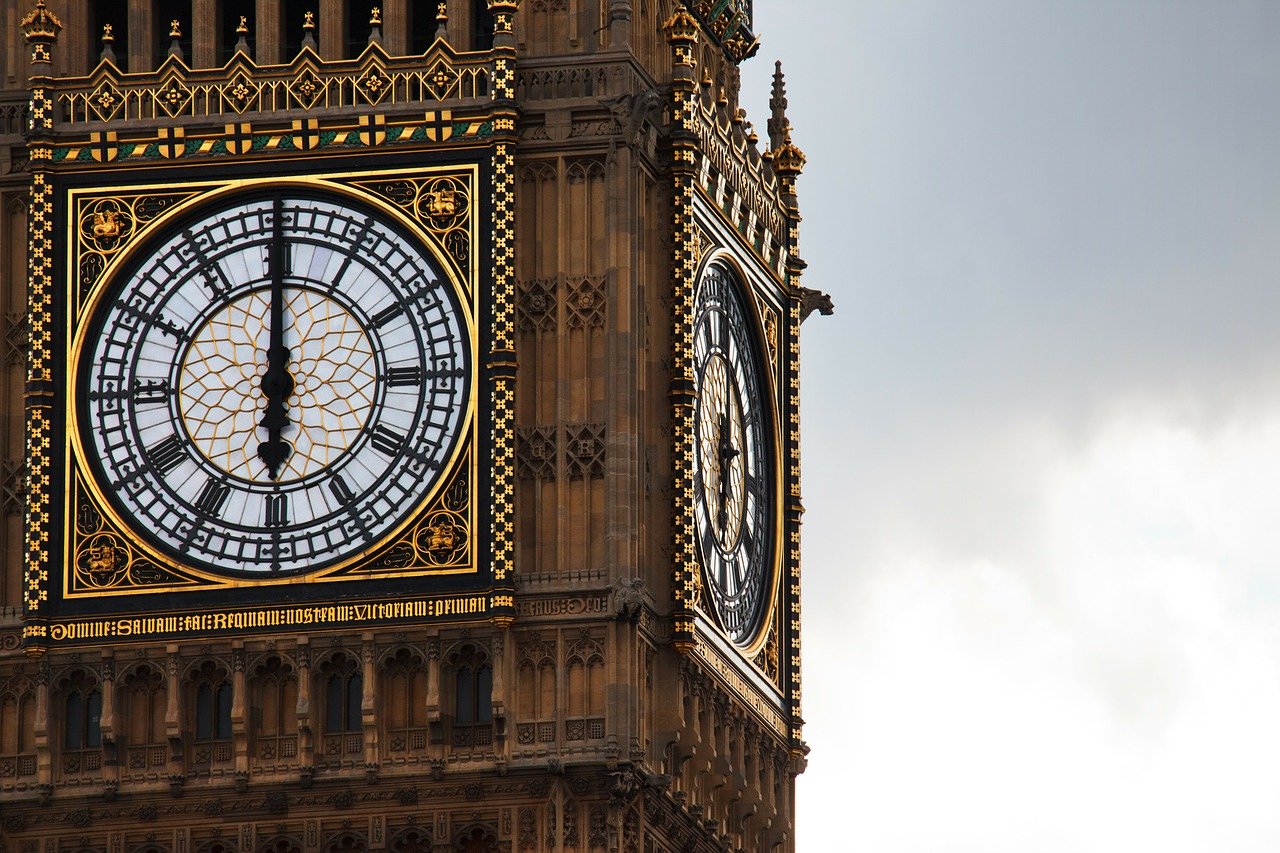Rights and liberties of UK citizens ‘must be protected in new EU travel rules’

The UK government must address ethical, legal, logistical and political challenges arising from new border checks due to launch next year that will affect UK residents travelling to the EU, according to the House of Lords justice and home affairs committee.
In a letter to the Home Secretary, the committee has warned that the European Travel Information and Authorisation System (ETIAS) and the Entry/Exit System (EES) could have serious consequences in the UK and for the rights and liberties of UK citizens. The committee has expressed concern over the UK being unprepared and has outlined several recommendations for the Home Office.
The Entry/Exit System (EES) will require most travellers to share their facial image and fingerprints with European authorities and to have them checked every time they travel to or from the EU as part of border checks. The committee highlights that these checks are likely to cause sustained delays and disruption. It is impossible to carry out these checks in cars, so as it stands, passengers at ports will have to step into live traffic. The time taken to carry out these checks is also of significant concern: EES checks are expected to permanently slow the flow of UK vehicles and passengers to and from the EU.
ETIAS, which will launch six months after the EES, will require most travellers to apply online for a travel authorisation prior to entering the European Union. The system will automatically process applications to assess whether an applicant poses a security, illegal immigration, or high epidemic risk. This involves checks against EU and Interpol security databases and algorithmic profiling. Under this system, an unknown proportion of UK citizens will lose their right to travel to the EU.
The committee has raised concerns that UK citizens may be discriminated against by the ETIAS algorithm, including on the basis of protected characteristics, and is urging the government to engage with relevant European authorities to ensure that robust safeguards are in place to guarantee the fairness and lawfulness of the profiling algorithm that forms part of ETIAS.
The committee has also called on the government to engage with relevant European authorities to clarify what the manual processing of ETIAS applications will involve, and whether someone denied a travel authorisation will be given the opportunity to re-apply. The government should also seek specific assurances on how the rights of appellants will be effectively protected, according to the committee.
Baroness Hamwee, chair of the House of Lords Justice and Home Affairs Committee said: “While we acknowledge that, recently, resources have been focussed on the immediate impact of withdrawal from the European Union and on the pandemic, we are profoundly concerned about the lack of attention paid to either ETIAS or the EES.
“Continuous EES checks are expected permanently to slow the flow of UK vehicles and passengers to and from the EU. We have heard that in Dover and Folkestone, red tape at borders has an immediate knock-on effect on traffic. If Schengen entry checks take more than a few seconds, within minutes cars can’t move forward. Congestion can quite quickly reach the motorways and then spread through Kent.
“ETIAS, which will apply security checks, uses and retains a wide range of personal data and there is no indication what safeguards will be applied or how its profiling algorithm will avoid discrimination on the basis for instance of ethnicity.”
She added: “We look forward to receiving the Home Secretary’s proposals to engage with the EU to address the concerns we have raised, to ensure that rights and liberties are protected and that our travel is as smooth as possible. The impact will be on UK citizens, on UK soil.”










